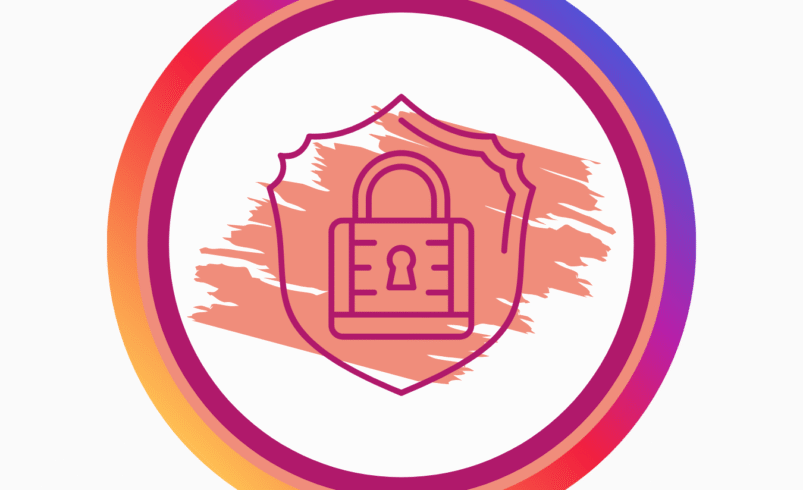How to Control Comments, Tags, and Mentions
One of the biggest privacy challenges on Instagram is unwanted interactions—like spammy comments, random tags, or offensive mentions. Thankfully, Instagram gives you full control 💬.
Comment Controls:
Tags and Mentions:
👉 Pro Tip: Always enable manual tag approval—this prevents strangers from tagging you in unrelated or spam content.
Blocking, Restricting, and Reporting Users
Unfortunately, not every interaction on Instagram is positive 😔. Some users may harass, spam, or behave inappropriately. Here’s how to take control:
-
Block Users 🚫
-
Restrict Users ✋
-
A softer option: restricted users can comment, but only they can see their comment unless you approve it.
-
Their messages go to your requests folder.
-
Report Accounts or Content 🛑
-
For serious violations (hate speech, scams, impersonation, etc.), report the post or profile directly. Instagram reviews and takes appropriate action.
💡 Restricting is useful if you want to avoid conflict but still keep an eye on suspicious behavior. Blocking is best for persistent harassment.
How to Hide Your Online Status and Activity
Instagram shows when you’re active or last seen online (similar to WhatsApp), but you can control this 👤.
This prevents others from seeing when you’re online or last active. However, remember that if you disable it, you also won’t see other people’s activity statuses.
Additionally:
-
You can control who sees your likes and interactions.
-
In Settings → Privacy → Interactions, toggle on/off options to hide your likes from public view.
👉 This gives you more freedom to browse without feeling pressured to respond immediately.
Advanced Privacy Tips to Keep Your Data Safe
Beyond the basic settings, here are some pro-level tips to keep your Instagram account secure in 2025 🔐:
-
Enable Two-Factor Authentication (2FA)
-
Check Login Activity
-
Limit Third-Party App Access
-
Be Careful with Location Sharing 📍
-
Update Your Password Regularly
-
Stay Informed About Phishing Scams
💡 Remember: Privacy is not just about hiding from strangers—it’s also about protecting your digital identity and personal data.
